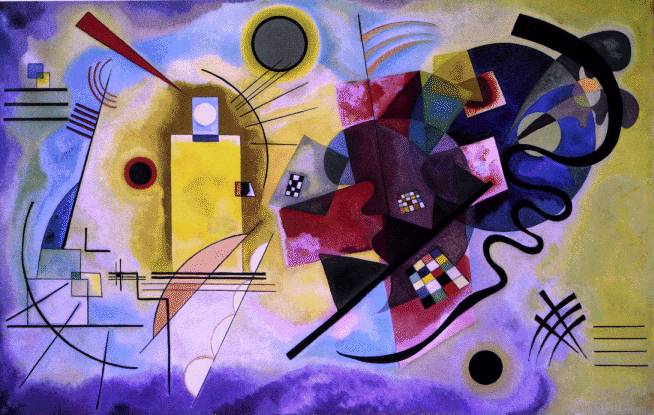| Performance Indicators:
P.S ELA-2 Reading Analysis: Cite strong and thorough textual evidence to support analysis of what the text says explicitly as well as inferences drawn from the text, including determining where the text leaves matters uncertain. A. Evaluate the relevant themes and synthesize how they are present in the novel in oral and written responses. P.S ELA-3 Reading Craft and Structure: Determine an author’s point of view or purpose in a text in which the rhetoric is particularly effective, analyzing how style and content contribute to the power, persuasiveness or beauty of a text. A. Understand SOAPSTone: Speaker, Occasion, Audience, Purpose, Subject, Tone A. Attentively listen to the words of a speaker. |
The use of the Short Story Literary Terms as well as Freytag’s Pyramid will prove decisive in your pursuit of commanding the Greatest Short Story Debate undertaking.
YOUR RESPONSIBILITIES:
You will select one of the short stories in the selected group of stories to defend as the greatest short story. Each of you will select the role of either an artist or an orator/defender. A description of the roles follows; familiarize yourself with the responsibilities associated with your role. You will be responsible for executing your responsibility in front of the class during the Greatest Short Story Debate.
Each of you will be required to perform the role of the critic as well. Design one attack for each of the ten stories assigned.
The assignment is valued as an 800 point reading grade as well as an 800 point speaking/listening grade.
Four roles must be executed during the debate:
The Orator
One person is responsible for explaining the story to the class. The student must appear sincere, excited even, to express why your short story is the best of all time. Including information about the author may prove to be helpful, after all a writer writes about what she/he knows. The manner in which you express the strengths of the story is contingent upon how you feel the narrative is best presented to the class as the greatest short story of all time.
The Artist
Another role requires a person to design and produce a poster depicting your story’s title, author, a selected passage that best expresses the story’s theme and a scene which incorporates literary devices to display the story’s greatness. Naturally, your poster should be the greatest poster ever.
The Defender
This responsibility requires you to be accountable to field criticism from your classmates based on how they interpret your story’s weaknesses. The disparagement against your story is not to be personal, yet the criticism may appear sharp. You will need to consider your stories weaknesses and be prepared to defend attacks against your story. The individual defending the story cannot rely on support from other students who have read the same story. Your ability to appear composed and sensible will be important skills for this role.
The Critic
The final responsibility is to thoughtfully listen to the other stories, identify apparent weaknesses of each story and pose questions that must be addressed by the person defending each story. Each individual criticizing a story will be responsible for two questions, a question or observation will be voiced and the other cynics will follow with their criticism followed by another round of questions. If another group asks your question, you must have another inquiry prepared. Your responsibility is to uncover weaknesses in the story that you are questioning; do not ask

